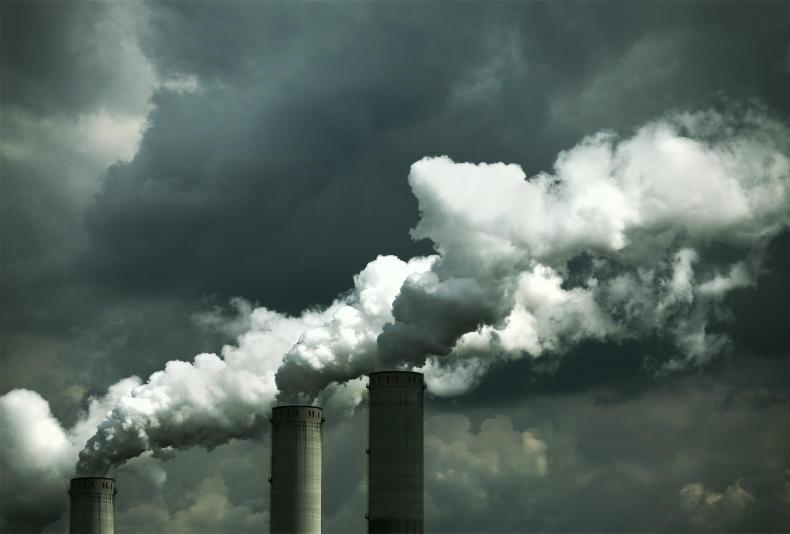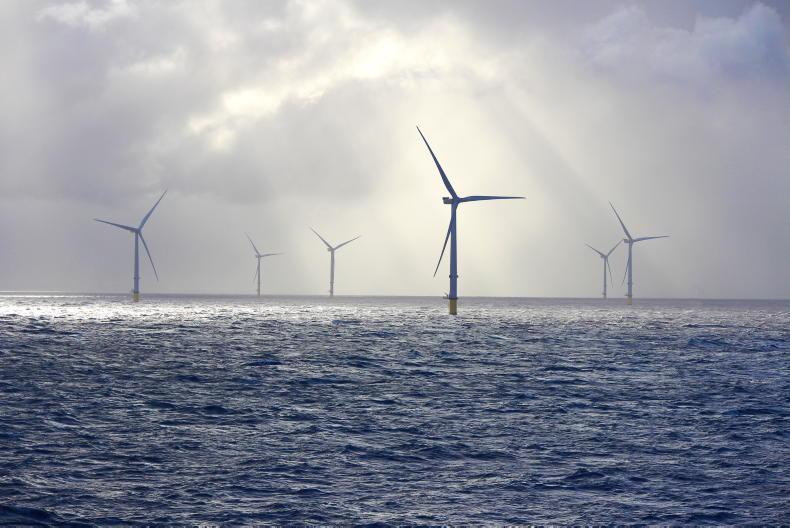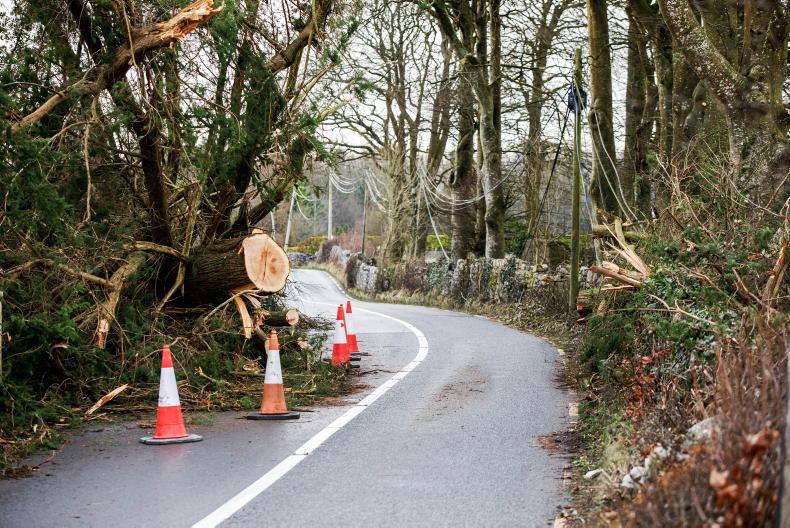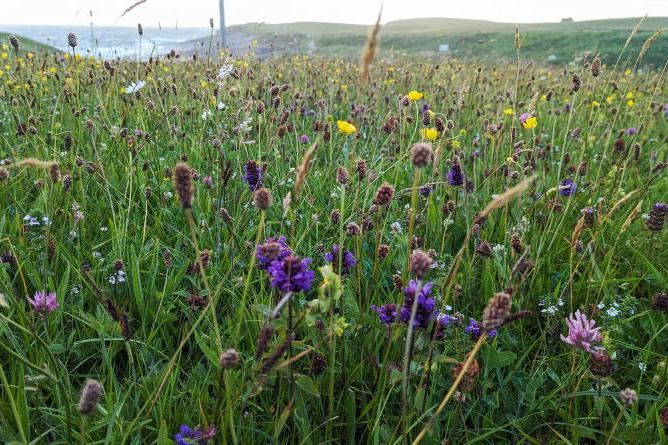It is unlikely that Ireland will meet its second carbon budget in the period 2026-2030 due to a lack of significant progress made, the Climate Change Advisory Council (CCAC) has said.
Last year, a fall in emissions brought Ireland closer to achieving its first carbon budget.
The council launched the final chapter of its annual review on Wednesday 23 October, which assesses both Ireland’s current and projected emissions and provides cross-sectoral recommendations.
The CCAC said that the Government needs to complete the land use review and set out a detailed implementation plan to enable the necessary reduction in agricultural emissions.
This will deliver, it said, a diverse range of bio economy and ecosystem services required to maintain a sustainable, resilient and biodiversity-rich economy.
Sectoral emissions
The report shows that sectoral emissions for agriculture reduced by 5% relative to 2022, while land use, land use change and forestry (LULUCF) emissions increased by 41% relative to 2022.
On agriculture, the report referenced that informed by improved, country-specific scientific knowledge, estimated agricultural sector emissions have been revised downwards.
“Agriculture remains the largest source of emissions in Ireland and this revision does not significantly change the understanding of the suite of mitigation measures available to the sector to reduce emissions.”
The CCAC report added that sector-specific dialogue between policymakers and stakeholders will be particularly important for the agricultural sector.
“Farmers need to be involved in dialogue with decision-makers while the sector is transitioning, which will involve changes in farming practices.”
Progress, but not enough
Chair of the CCAC Marie Donnelly said that while progress has been made in reducing emissions, it is not enough to meet national and EU climate targets.

Chair of the CCAC Marie Donnelly.
“Without immediate and decisive action, the cost of failing to meet EU targets could exceed €8bn for the period up to 2030.
“However, there is an opportunity to build on the good work that has been done, with targeted supports in place for households and businesses, which will make heat pumps and EVs more accessible and further delivering on the retrofit of our housing stock, reducing our reliance on imported and expensive fossil fuels."
Donnelly also said housing developments should be centralised.
“This is dependent on the delivery of an effective and fit-for-purpose planning system as a key Government priority.
"This must support the generation of our own onshore wind and solar electricity and ensure that housing developments are located close to services and public transport, while bringing vacant and derelict housing back into use,” she said.
Donnelly added that it is better to make the investments now, rather than paying a fine in a few years.
“We have the opportunity, now, to transform our society to a modern, climate-resilient, biodiversity-rich, environmentally sustainable and climate-neutral economy or else pay the price of not meeting our commitments, which will take crucial funds away from essential services,” she said.
It is unlikely that Ireland will meet its second carbon budget in the period 2026-2030 due to a lack of significant progress made, the Climate Change Advisory Council (CCAC) has said.
Last year, a fall in emissions brought Ireland closer to achieving its first carbon budget.
The council launched the final chapter of its annual review on Wednesday 23 October, which assesses both Ireland’s current and projected emissions and provides cross-sectoral recommendations.
The CCAC said that the Government needs to complete the land use review and set out a detailed implementation plan to enable the necessary reduction in agricultural emissions.
This will deliver, it said, a diverse range of bio economy and ecosystem services required to maintain a sustainable, resilient and biodiversity-rich economy.
Sectoral emissions
The report shows that sectoral emissions for agriculture reduced by 5% relative to 2022, while land use, land use change and forestry (LULUCF) emissions increased by 41% relative to 2022.
On agriculture, the report referenced that informed by improved, country-specific scientific knowledge, estimated agricultural sector emissions have been revised downwards.
“Agriculture remains the largest source of emissions in Ireland and this revision does not significantly change the understanding of the suite of mitigation measures available to the sector to reduce emissions.”
The CCAC report added that sector-specific dialogue between policymakers and stakeholders will be particularly important for the agricultural sector.
“Farmers need to be involved in dialogue with decision-makers while the sector is transitioning, which will involve changes in farming practices.”
Progress, but not enough
Chair of the CCAC Marie Donnelly said that while progress has been made in reducing emissions, it is not enough to meet national and EU climate targets.

Chair of the CCAC Marie Donnelly.
“Without immediate and decisive action, the cost of failing to meet EU targets could exceed €8bn for the period up to 2030.
“However, there is an opportunity to build on the good work that has been done, with targeted supports in place for households and businesses, which will make heat pumps and EVs more accessible and further delivering on the retrofit of our housing stock, reducing our reliance on imported and expensive fossil fuels."
Donnelly also said housing developments should be centralised.
“This is dependent on the delivery of an effective and fit-for-purpose planning system as a key Government priority.
"This must support the generation of our own onshore wind and solar electricity and ensure that housing developments are located close to services and public transport, while bringing vacant and derelict housing back into use,” she said.
Donnelly added that it is better to make the investments now, rather than paying a fine in a few years.
“We have the opportunity, now, to transform our society to a modern, climate-resilient, biodiversity-rich, environmentally sustainable and climate-neutral economy or else pay the price of not meeting our commitments, which will take crucial funds away from essential services,” she said.










SHARING OPTIONS